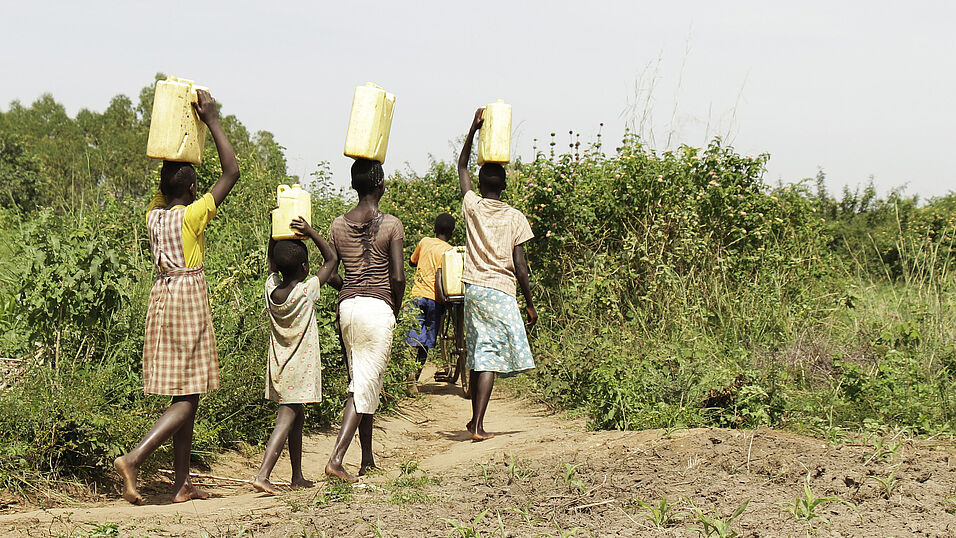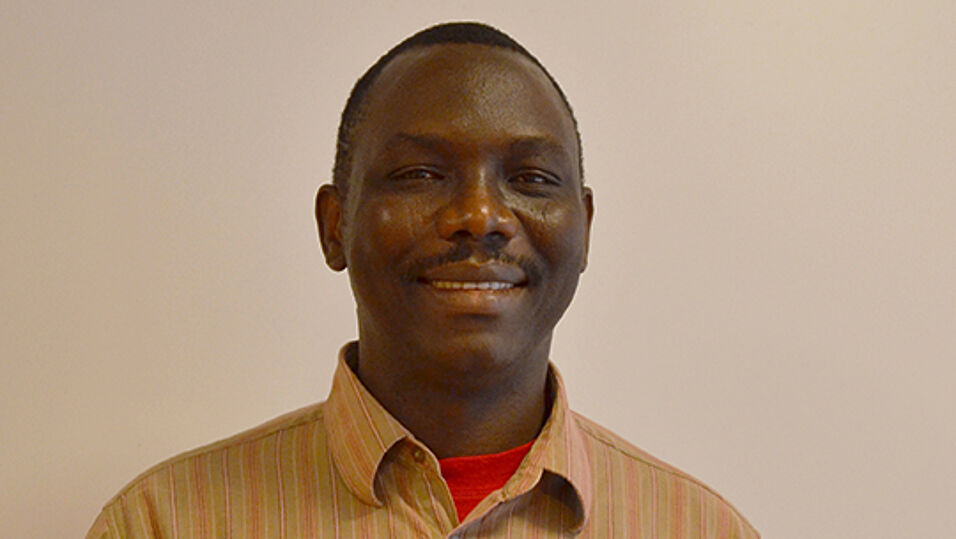Dr. Ayanlade contributed considerably to some sections of the Report: As Lead author and Cross-Chapter (CC) Author. In Chapter 9, he contributed to Vulnerability Synthesis (CH 9) and Food Systems sections (CH 9). As CC Author, he contributed on the role of indigenous knowledge and local knowledge in understanding and adapting to climate change (CH 18); gender, climate justice and transformative pathways (CH 18); Climate change and COVID-19 (CH 7); and food, fibre, and other ecosystem products (CH 5).
Generally, the IPCC Report reveals observed/projected impacts of climate change and that the progress on adaptation is uneven with increasing gaps between action taken and what is needed to deal with the increasing risks from climate change, largely among lower-income global populations. The major key message is that earth's climate is changing more rapidly than people's ability to adapt. Chapter 9 reported increasing mean and extreme temperature trends across Africa, as evidence of human-induced climate change.
Impacts of climate change in the African continent are projected to become widespread and severe; increased heatwaves and drought, reduced crop/livestock productivity, reduced economic growth, increased inequality and poverty, biodiversity loss, increased human morbidity/mortality and human migration.
There are high pieces of evidence that future warming is likely to affect food systems negatively in Africa, by shortening growing seasons, increasing water stress and increasing the range and transmission of infectious diseases. Assessment of migration links to climate change takes many different forms in the report, as it focuses primarily on involuntary displacements of people due to climate extremes and the potential future need for governments to relocate people and communities living in hazardous areas. Though, exposure and vulnerability to climate change are multi-dimensional and complex with socioeconomic, political and environmental factors intersecting, yet, vulnerability in Africa is socially, culturally and geographically differentiated among climatic regions, countries and local communities, with climate change impacting the health, livelihoods and food security of different groups at different extents. Resilience and adaptive capacities vary among vulnerable groups of different ages, ethnicity, disability and other social status in Africa. Capacity development through education and development of better early warning systems could enhance vulnerable groups’ ability to cope and adapt their livelihoods in Africa. Early warning systems based on targeted climate services can be effective for disaster risk reduction, social protection programmes, and managing risks to health and food systems. Increased funding for African partners and direct control of research design and resources can provide more actionable insights on climate risks and adaptation options in Africa.


